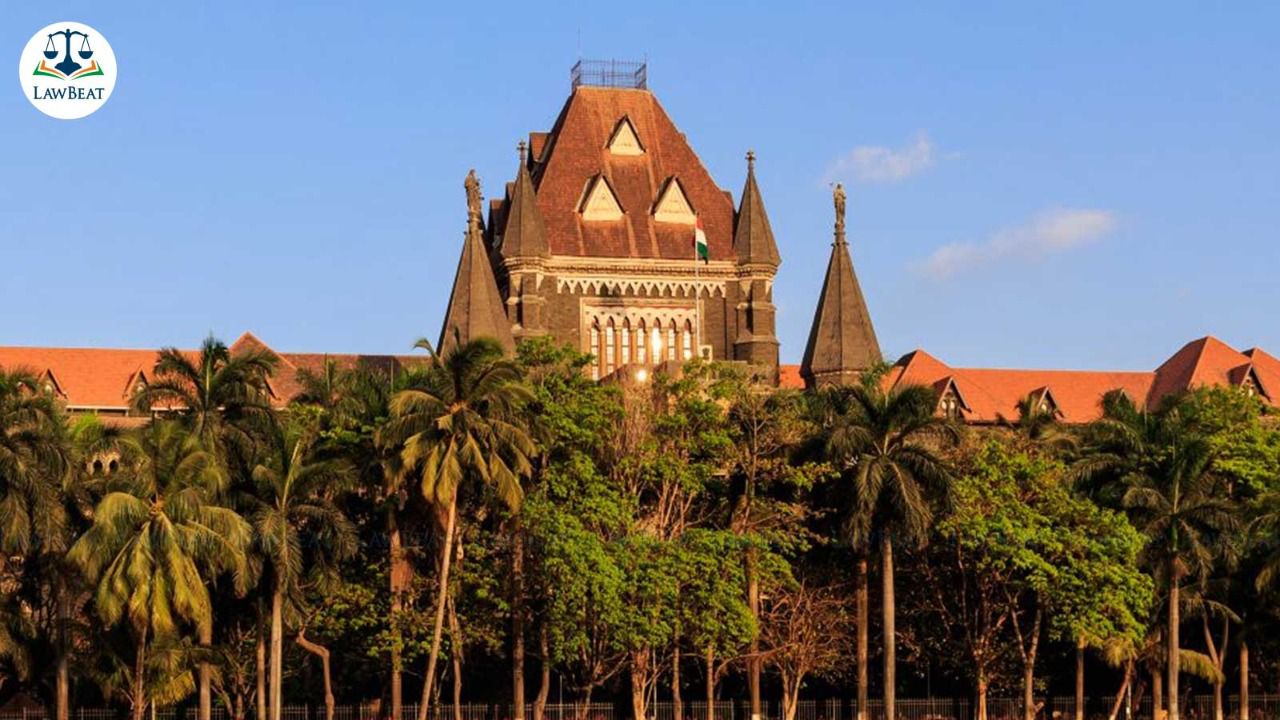Bombay High Court Refuses To Stay Bar Council Proceedings Against Lawyer Gunratan Sadavarte

The high court refused to grant any relief to the lawyer practicing in Mumbai in the proceedings before the Bar Council.
A division bench of the Bombay High Court comprising Justice GS Patel and Justice Neela Gokhale recently declined to suspend the disciplinary actions taken by the Bar Council of Maharashtra & Goa (BCMG) against lawyer Gunratan Sadavarte.
The court said that administrative law does not permit the court to interfere in the actions of regulatory bodies unless there is evidence of a flawed decision-making process.
“Let BCMG deal with the complaint. We are extremely reluctant to be an overseer of the Bar Council of Maharashtra & Goa. We are saying emphatically, that we are not staying the proceedings. Every professional person, will otherwise come before us against their regulatory body and say, ‘please stop’. You (Gunratan Sadavarte) will face it because there is no reason in administrative law for us to intervene because there is nothing wrong in the decision making process,” the bench said.
The division bench was hearing a plea filed by advocate Gunratan Sadavarte against the notice issued by the Bar Council of Maharashtra & Goa (BCMG), which summoned him in response to a complaint lodged by former president of the Pimpri Court Bar Association, Sushil Manchekar.
Manchekar alleged that Sadavarte violated the Bar Council of India's (BCI) rules by wearing a black coat with a band during public events, including an agitation by the Maharashtra State Road Transport Corporation (MSRTC) employees.
Advocate Subhash Jha for Sadavarte contended that the BCMG's order implied that Sadavarte was guilty of the offence, even though he had not been heard.
Dr. Milind Sathe, senior advocate representing BCMG, informed the court that the single-member bench's order was part of the prescribed process, in which the member provides a preliminary suggestion on whether the complaint requires consideration by a three-member disciplinary committee.
The court suggested that the single-member bench should limit their remarks to the complaint's admissibility rather than its substance.
Jha also claimed that there was malice in the complaint and cited concerns about the conduct of the Bar Council members in relation to the complaint but the court declined to enlarge the scope of the plea and said:
“You cannot open a canvas against Bar Council like this. You can have many grievances against it, but you can do the same by filing a separate petition. In this plea, we are only concerned with the prayers here. If they are dismissing on their own, why should we intervene.”
Case title: Dr. Gunratan Sadavarte vs Registrar / Secretary of Disciplinary Committee & Ors
